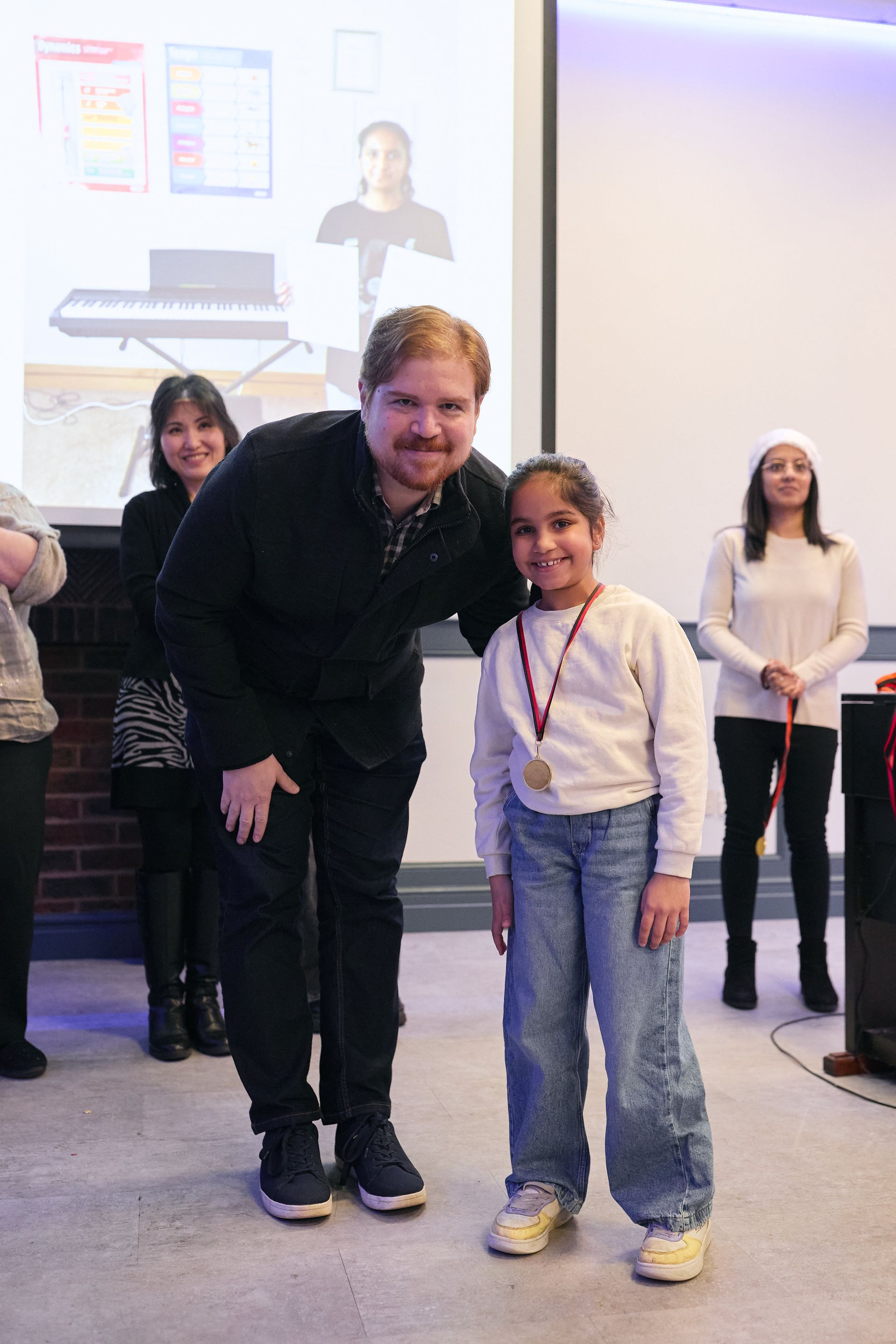How to Boost Brain Power and Wellbeing through Piano Lessons
From research learning to play the piano offers a multitude of benefits for both children and adults, making it a worthwhile investment for any family.
One of the primary reasons to consider piano lessons is the cognitive benefits they provide. Research has consistently shown that learning to play the piano can enhance memory, improve spatial-temporal skills, and boost overall cognitive development. For children, this translates to better performance in school, particularly in subjects like math and science. For adults, it means maintaining mental agility and potentially delaying the onset of age-related cognitive decline. Engaging with music on a regular basis stimulates brain activity and fosters a deeper understanding of complex concepts.
The piano offers both emotional and psychological benefits to individuals. Playing the piano is not just about hitting the right notes; it's a form of emotional expression and stress relief. For children, piano lessons can improve self-esteem and patience, as they see their progress over time and learn to overcome challenges. For adults, playing the piano can be a therapeutic outlet, providing a sense of accomplishment and a way to unwind after a long day. Music has the power to lift moods and create a sense of peace, making it an invaluable tool for managing stress and maintaining emotional balance.
Finally, learning the piano can significantly enhance social and cultural connections. Music is a universal language that brings people together, and being able to play the piano can open doors to new social opportunities. For children, participating in recitals, school performances, and group lessons can help build confidence and foster friendships. For adults, joining music groups or playing in social gatherings can create a sense of community and shared enjoyment.
Additionally, understanding music theory and being able to play an instrument can deepen one's appreciation for various musical genres and cultural traditions, enriching one's overall life experience. Whether for personal enjoyment or social interaction, the piano offers a gateway to a more fulfilling and connected life.
Feel free to get in touch to learn more about our flexible piano lesson plans and start your musical journey with confidence. Remember, the best time to start is now!



